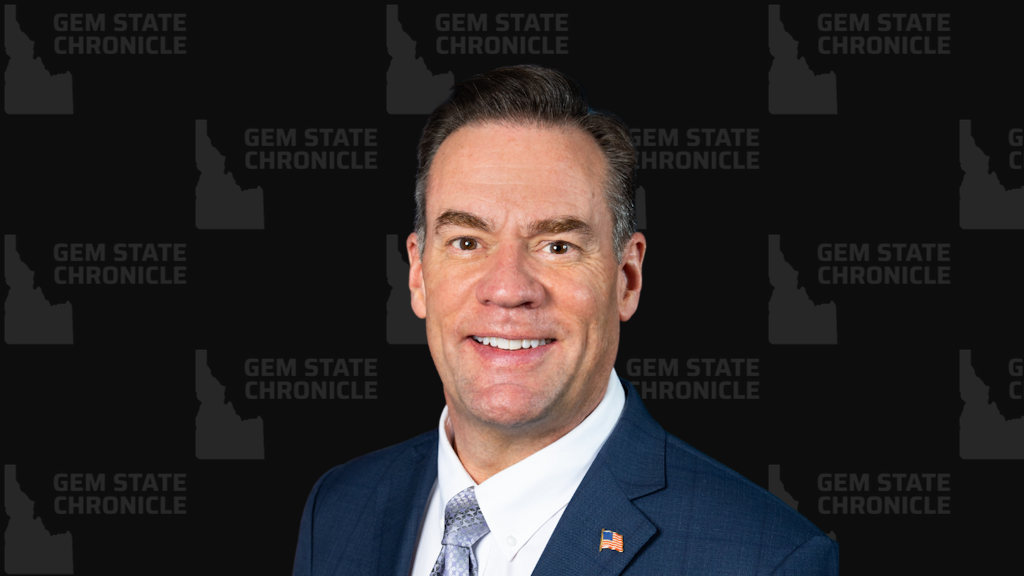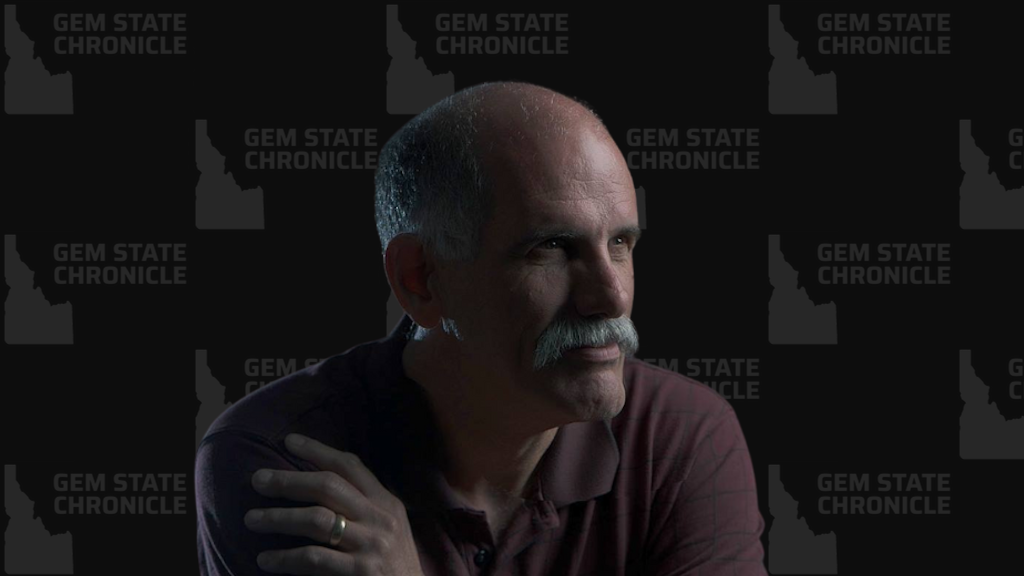National news recently reported that Louisiana is the first state requiring The Ten Commandments to be posted in all classrooms within schools that require public funding, including colleges and universities. The sponsor, Representative Dodie Horton, asserts that The Ten Commandments are the basis of all Louisiana laws. Other supporters believe The Ten Commandments have historical value, dismissing claims of the violation of our First Amendment, that this law purportedly infringes upon the “separation of church and state.”
Our First Amendment states, in part, “Congress shall make no law respecting an establishment of religion, or prohibiting the free exercise thereof….” However, court cases have disallowed prayer, reading the Bible, and placed other restrictions in our public schools. The basic premise is that laws should not specifically restrain actions that were once commonplace in our educational systems. Even the Pledge of Allegiance has been litigated! Public schools are not allowed to impose religious observances or activities on students, and the Constitution’s Establishment Clause ensures that schools remain neutral on religion. This helps prevent them from endorsing or promoting any specific faith, but does not exclude religious action altogether.
Should we encourage Idaho legislators to pass a similar bill?
This leads to another more general but related question:
Do we really believe the United States is a God-fearing nation, based on Judeo-Christian values?
In Proverbs 3:5-6 we read:
Trust in the Lord with all thine heart; and lean not unto thine own understanding. In all thy ways acknowledge him, and he shall direct thy paths.
Does “in all thy ways” refer only to each of us individually, or could it be expanded to include acknowledging God in our communities and state, as well as our nation?
Our Founders were very clear about Divine Providence in the establishment of this nation. George Washington declared:
It is the duty of all Nations to acknowledge the providence of Almighty God, to obey his will, to be grateful for his benefits, and humbly to implore his protection and favor.
The fourth verse of the Star-Spangled Banner affirms our acknowledgement of God and His hand in deliverance from adversity when we trust in Him:
O thus be it ever when freemen shall stand
Between their lov’d home and the war’s desolation!
Blest with vict’ry and peace may the heav’n rescued land
Praise the power that hath made and preserv’d us a nation!
Then conquer we must, when our cause it is just,
And this be our motto – “In God is our trust,”
And the star-spangled banner in triumph shall wave
O’er the land of the free and the home of the brave.
Would people (including the children) of our communities, state and nation benefit from a return to the principles of The Ten Commandments?
Should we promote educating our youth about the foundation upon which our republican form of government was modeled? The next generation would surely benefit from a reminder and a return to learning the historical and Biblical roots upon which this great United States was established.
Karey Hanks served two terms in the Idaho House of Representatives. She lives in St. Anthony with her husband, with whom she has 7 children and 18 grandchildren.
About Karey Hanks
Karey Hanks is a Christian, patriot, mother of seven, grandmother of eighteen, and a two-term Idaho state legislator. She is currently a candidate for Idaho House of Representatives in District 31.













